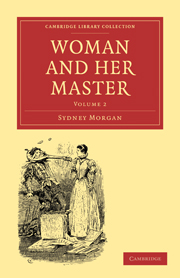Summary
The death of Nero, in its manner and circumstances, was characterized by a poetical justice. Its perpetration, marked by horror and contempt, was an act of popular rage and indignation. The people who, during the life of the empress mother, had still, in the person of her son, revered the grandson of Germanicus, the lineal descendant of Augustus, and the last of the Julian race, now branded with execration the memory of the frantic tyrant, whose ruin nearly “involved that of the whole empire.” In the space of nineteen months, four successive princes perished by the sword, the Roman world was shaken by contending armies to its centre, and the danger of a general dissolution, moral and political, proceeding from unbridled military license, were circumstances, which made the eulogium of her, whose reign had been one of wisdom and prosperity, and whose ashes still remained unhonoured on the shores of Baiæ.
Out of such elements of anarchy and disorganization, arose three passing phantoms, masters of the world, conjured up as if by the spell of some evil and magical power, from the crumbling fragments of the social and moral earthquake.
The brief existence of Galba, Otho, and Vitellius, gave a still further extension to the crimes and vices incidental to an unquestioned authority; and their rapid rise and downfall, “while it taught the armies to consider the Roman emperors as the creatures of their will,” made them “the instruments of their license,” and consummated the ruin of Roman liberty for ever.
- Type
- Chapter
- Information
- Woman and her Master , pp. 163 - 187Publisher: Cambridge University PressPrint publication year: 2010First published in: 1840

